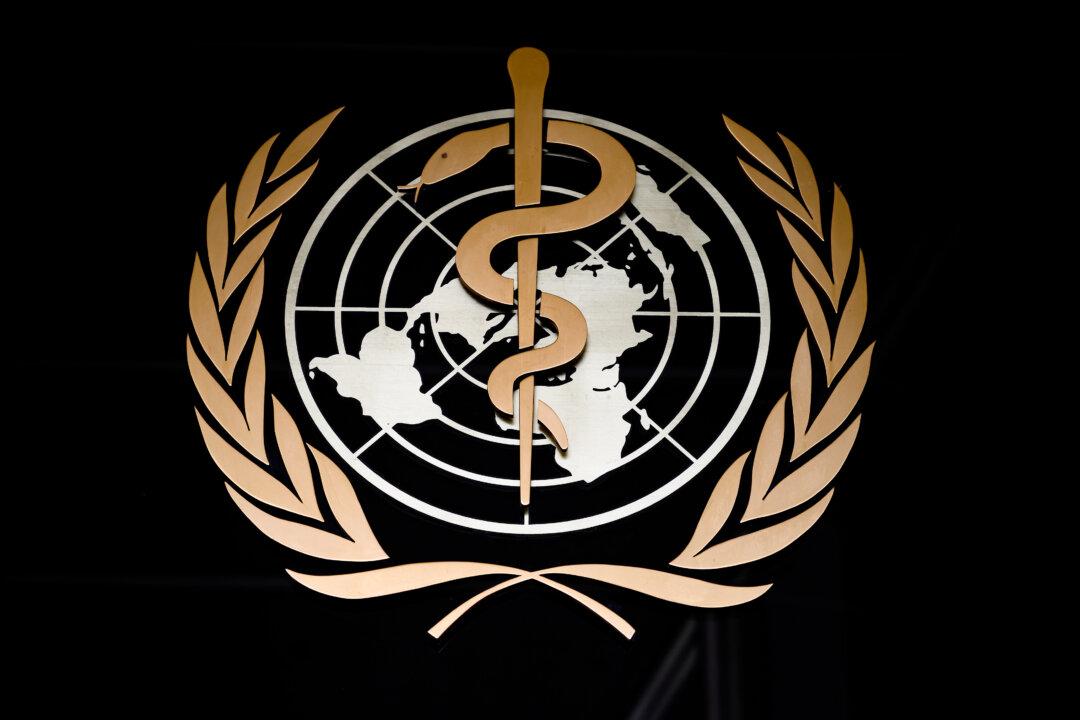Governors from 24 states have joined together to speak out against treaty negotiations being conducted by the Biden administration that “would purport to grant” the World Health Organization (WHO) “unprecedented and unconstitutional powers over the United States and its people.”
In a March 22 letter, the governors stated that they “stand united in opposition to two proposed instruments” currently under negotiation.






